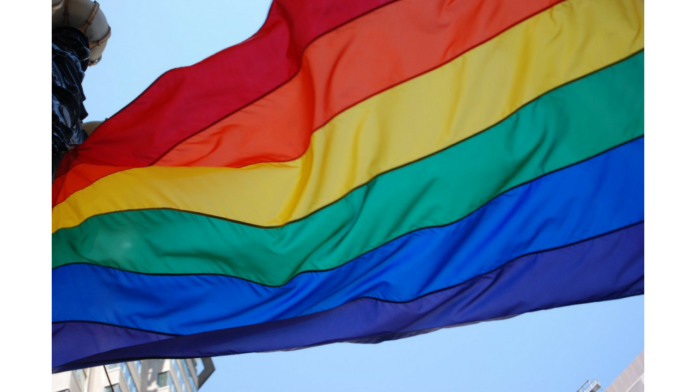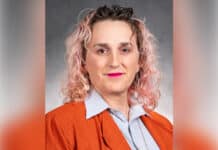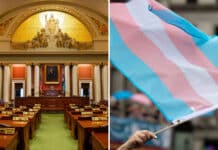MINNEAPOLIS – The University of Minnesota (UMN) Medical School is rolling out the first ever LGBT health elective to promote “cultural responsivity and ability to work with LGBTQ communities.”
The course, titled “Lesbian, Gay, Bisexual, and Transgender (LGBT) Health,” it being touted as the first of its kind, and will be available to medical students attending UMN this fall. According to the course description, students are expected to leave the course with “new skills in evaluating LGBT patients and responding to them in a clinically and culturally appropriate manner.”
Specifically, in this course students will gain an understanding of the health risks experienced by LGBT individuals and will practice assessing sexual orientation, gender identity, sexual health, and discussing specific health concerns and treatment options in order to become comfortable working with this population.
Students will also hear from LGBT individuals themselves about their healthcare experiences and how they wish to be treated. In addition, physicians who are LGB or transgender will talk about managing their professional and personal identities, as well as being “out” in the community and identifying as an LGBT-friendly healthcare provider.
The course description also claims physicians have “specific discomfort” dealing with LGBT patients and rarely ask about sexual orientation or gender identity. However, no evidence was provided for the assertions.
Dr. Michael Ross, UMN Professor and Chair of Sexual Health Education for the Program in Human Sexuality, says the school is “thrilled” to “support future providers to develop their LGBTQ competency.”
UMN has partnered with two LGBT health care providers, the Family Tree Clinic and PRIDE Institute, to develop the course. Executive Director of Family Tree Clinic Alissa Light believes the course will inspire other health care professionals to develop their “commitment to culturally responsive care.”
“We believe that training future providers is systems change,” Light said in a press release. “This kind of immersive education has a deep ripple effect, inspiring other colleagues and health care workforce professionals to develop their awareness of and commitment to culturally responsive care.”
The course is only open to third and fourth-year medical students. Four students have enrolled in the course so far.
In addition to the new elective, UMN is also considering a new policy that would make failing to use preferred gender pronouns punishable by firing or expulsion. The “equity and access” policy would allow individuals to use whatever pronoun they desire to identify themselves. If a member of the academic institution—faculty or student—fails to use the preferred pronoun, they could face disciplinary action, including being fired or expelled. The policy would also allow individuals to use the men’s and women’s bathrooms, locker rooms, housing, and other university facilities based on their self-identified gender.


















